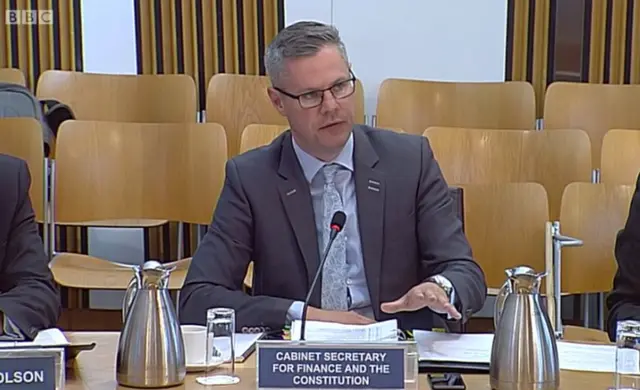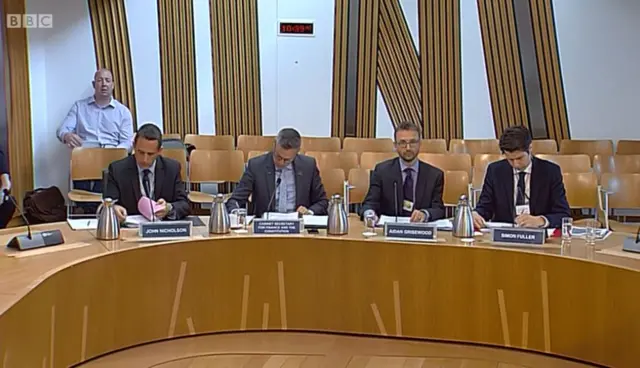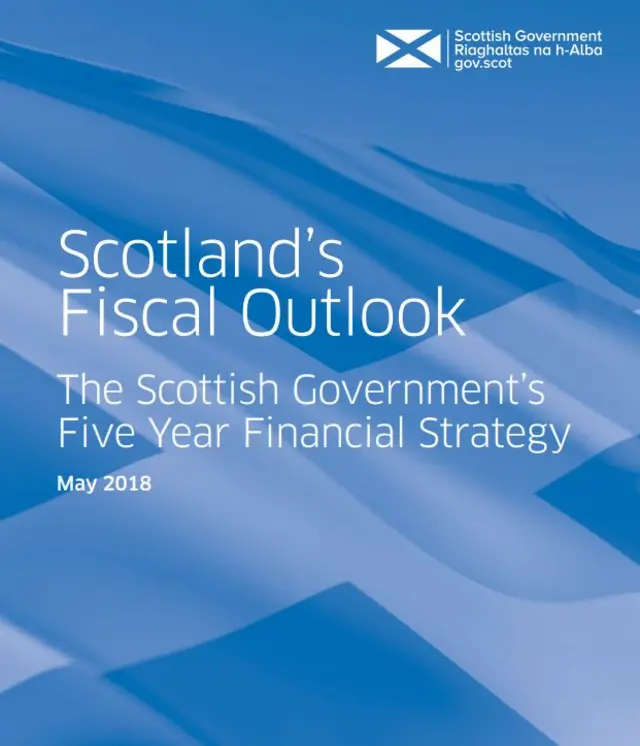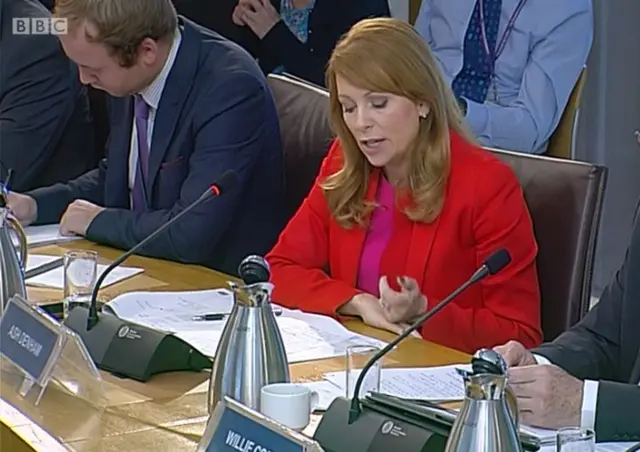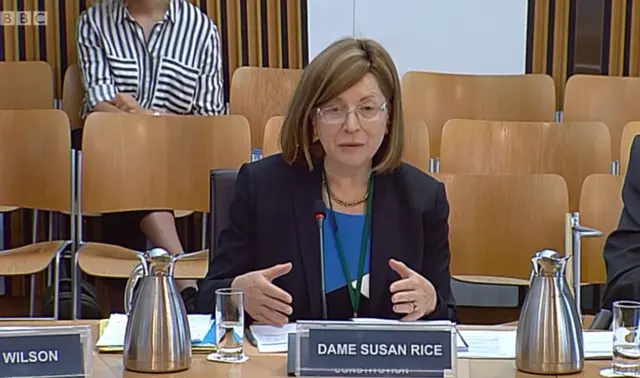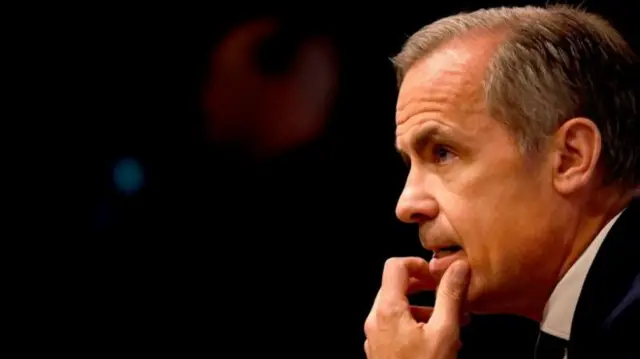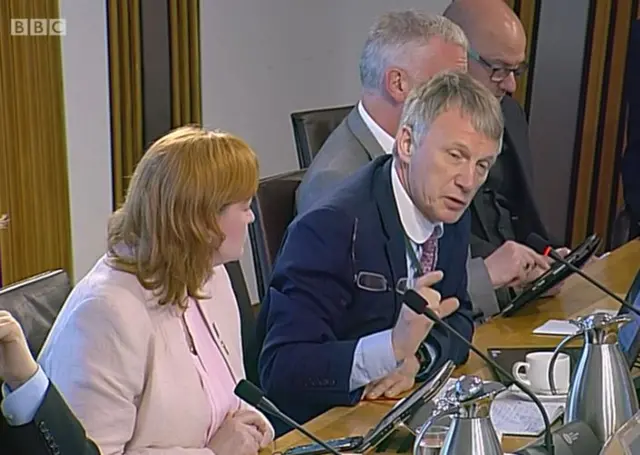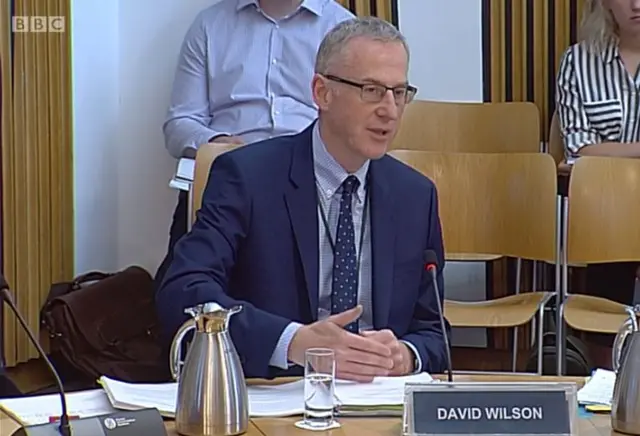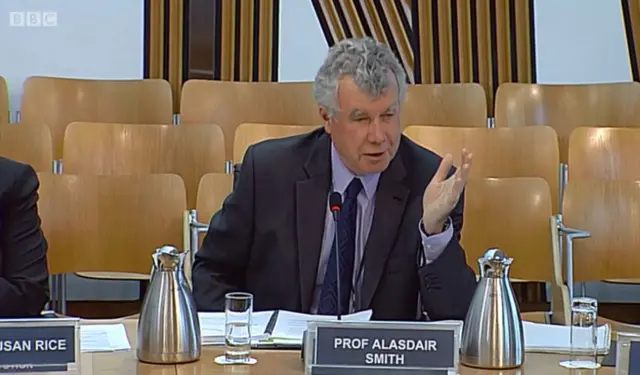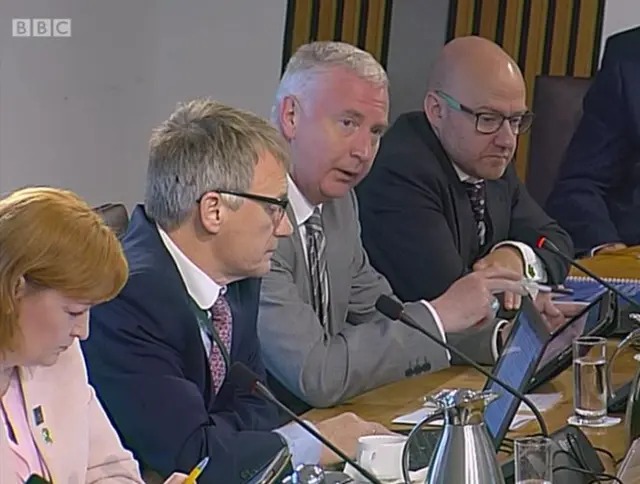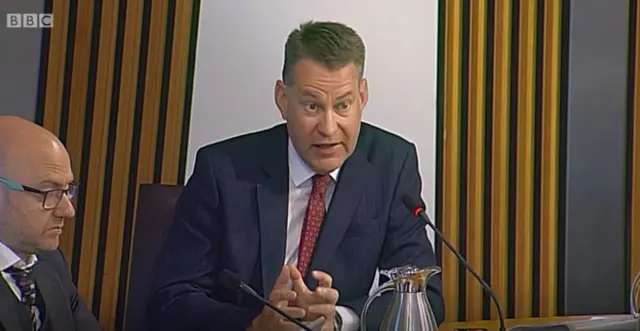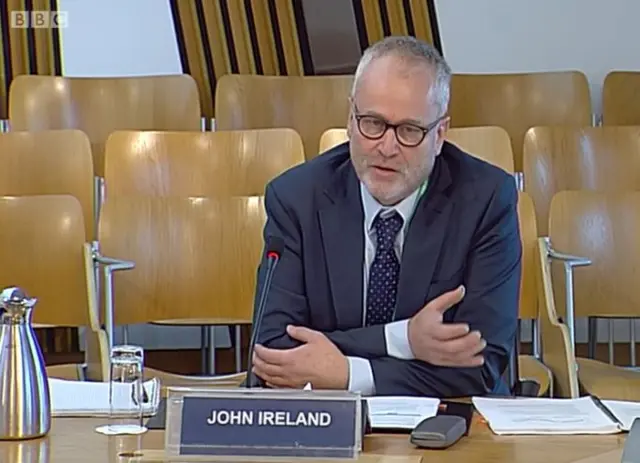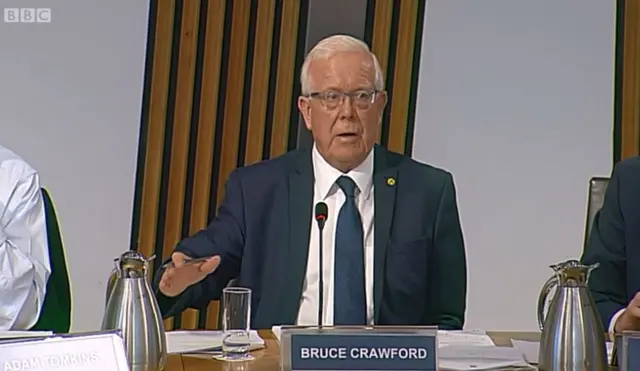Background: Scotland could receive £5bn without impacting chancellor's aims argues Mackaypublished at 10:51 BST 6 June 2018
 Image source, PA
Image source, PAIn his statement to parliament last week, Finance Secretary Derek Mackay insisted the UK government could allocate more money to Scotland while still meeting its fiscal targets.
The minister argues that that "austerity is a choice" and Chancellor Philip Hammond has "fiscal headroom" to do otherwise.
Pointing to Scottish government modelling, Mr Mackay suggested the chancellor could still meet his structural deficit and debt reduction and provide £5bn extra to Scotland.
